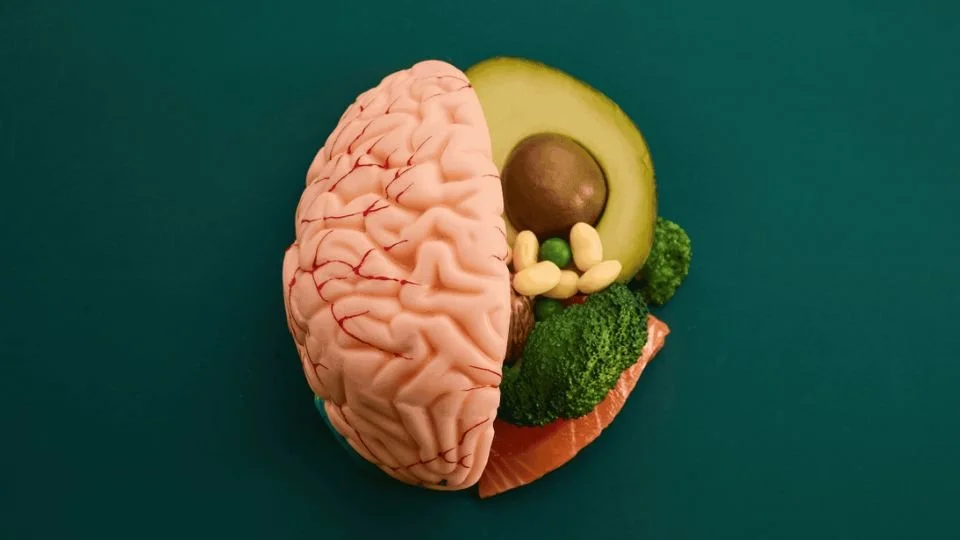How Stress Shrinks Your Brain—and What to Do About It
Stress may seem like just a mental burden, but did you know it can physically shrink part of your brain?
That’s right—the hippocampus, the region responsible for memory, learning, and emotional regulation, actually reduces in size when we’re under chronic stress. In fact, studies show stress decreases brain-derived neurotrophic factor (BDNF)—a key protein your brain needs to stay sharp, flexible, and functional.
At Essential Health Chiropractic, we believe in a whole-body approach that supports brain health from the inside out, and that includes addressing the root causes of chronic stress. Here’s how stress affects your brain and, more importantly, what you can do about it.
🧠 The Stress-Brain Connection
Cortisol, your primary stress hormone, has damaging effects when chronically elevated. It impairs memory, slows brain cell growth, and decreases BDNF.
Studies on people experiencing PTSD and long-term trauma show hippocampal shrinkage, but even everyday stress from poor sleep, poor diet, or work overload can have similar effects over time.
This neurological impact influences the Communication System of the 7 Systems Plan—how your brain, hormones, and nervous system interact to keep your body in balance.
✔️ What You Can Do: 7 Systems Plan-Approved Brain Boosting Strategies
Exercise regularly
Movement increases BDNF levels and reduces cortisol. Even a brisk 20-minute walk can make a difference.Eat real, whole foods
Avoid blood sugar spikes and processed foods. Nutrients like omega-3s and polyphenols protect brain cells and support the Communication System.Practice breathwork and mindfulness
Simple daily breathing exercises have been shown to reduce cortisol and enhance hippocampal volume over time.Get chiropractic adjustments
Research shows spinal adjustments can improve prefrontal cortex function, helping regulate your stress response. At our office, gentle Torque Release Technique supports brain-body communication without the twisting or cracking.Prioritize quality sleep
Poor sleep raises cortisol and worsens memory. Aim for 7–9 hours nightly, and consider calming evening rituals.Support your body with targeted supplementation
Adaptogens like ashwagandha, omega-3s, and magnesium can be powerful allies in managing stress.
Are you ready to start living your best life? Give us a call at (605) 250-2930 to schedule your first appointment and Get Started TODAY!
💬 Final Thoughts
Stress is unavoidable—but the damage it causes doesn’t have to be. The 7 Systems Plan gives you the tools to reverse the effects of stress, protect your brain, and live with clarity and vitality.
Ready to reduce stress and reclaim your mental sharpness?
👉 Click here to schedule your free consultation with Essential Health Chiropractic.
Call us to book your first appointment TODAY!
📚 Research You Can Trust
Rothman, S. M., & Mattson, M. P. (2013). Activity-dependent, stress-responsive BDNF signaling and the regulation of neuronal structure and function. Trends in Neurosciences, 36(5), 257–267. https://doi.org/10.1016/j.tins.2013.01.006
McEwen, B. S., & Morrison, J. H. (2013). The brain on stress: vulnerability and plasticity of the prefrontal cortex over the life course. Neuron, 79(1), 16–29. https://doi.org/10.1016/j.neuron.2013.06.028
Related posts:




